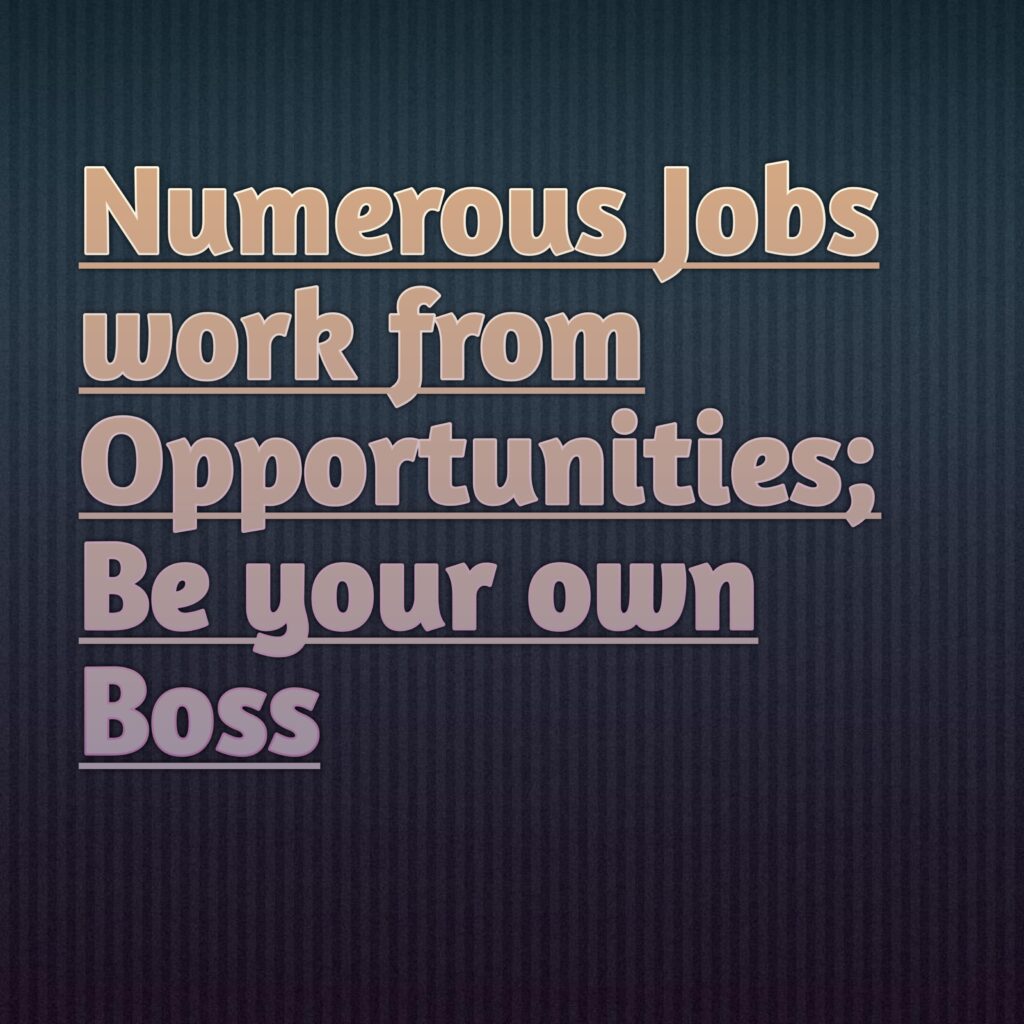
Introduction
Starting a career can be both exciting and challenging for beginner and entry-level professionals. It’s a time of exploration, learning, and building a foundation for future success. In this article, we will provide 6 essential tips to help beginners navigate the early stages of their careers. From setting realistic expectations to seeking mentorship and embracing continuous learning, these strategies will empower you to establish a strong professional foothold and maximize your growth potential. Let us begin!
1. Define Your Career Goals
Begin your career journey by defining your long-term career goals. Identify the industry, role, or area of specialization that aligns with your passions and interests. Set specific, measurable, achievable, relevant, and time-bound (SMART) goals to guide your career trajectory. These goals will serve as a compass, helping you make informed decisions and take purposeful steps towards your desired destination.
2. Embrace Continuous Learning
As a beginner or entry-level professional, embrace a mindset of continuous learning. Recognize that your education doesn’t end with your degree or diploma. Seek opportunities to expand your knowledge, skills, and competencies. Take advantage of training programs, workshops, online courses, and industry certifications that can enhance your expertise. Actively engage in professional development activities and stay informed about industry trends. Continuous learning not only helps you stay relevant but also demonstrates your commitment to growth and improvement.
3. Seek Mentorship and Guidance
Mentorship is invaluable in the early stages of your career. Seek guidance from experienced professionals who can provide advice, share their experiences, and help you navigate the challenges and opportunities in your field. Look for mentors within your organization or industry associations. Build relationships with them by demonstrating your commitment, eagerness to learn, and receptiveness to feedback. Their insights and guidance can accelerate your learning curve and provide invaluable support as you progress in your career.
4. Network and Build Relationships
Networking is crucial for beginners and entry-level professionals. Attend industry events, join professional associations, and engage with online communities related to your field. Be proactive in meeting new people, introducing yourself, and building meaningful connections. Networking can lead to job opportunities, collaborations, and access to valuable resources. Cultivate relationships with colleagues, supervisors, and mentors within your organization. They can provide guidance, offer support, and advocate for your professional growth.
5. Develop Soft Skills
In addition to technical skills, soft skills play a vital role in career success. Focus on developing strong communication, teamwork, adaptability, problem-solving, and time management skills. These skills are highly valued by employers and contribute to your overall professional effectiveness. Seek opportunities to practice and refine these skills through group projects, volunteering, or joining extracurricular activities. The ability to effectively communicate, collaborate, and navigate interpersonal dynamics will set you apart and pave the way for future advancements.
6. Take Initiative and Be Proactive Even as Beginners
Demonstrate initiative and a proactive mindset in your work. Look for opportunities to contribute beyond your assigned tasks. Volunteer for projects, propose innovative ideas and take on additional responsibilities when appropriate. Show a willingness to learn new things and adapt to changing circumstances. Taking initiative demonstrates your commitment, resourcefulness, and potential for growth, positioning you as a valuable asset to your team and organization.
Conclusion
The early stages of a career are an exciting time for beginners and entry-level professionals. By setting clear goals, embracing continuous learning, seeking mentorship, building relationships, developing soft skills, and taking initiative, you can lay a solid foundation for long-term success. Remember, this is a journey of growth and exploration. Embrace challenges as opportunities to learn, remain resilient, and stay motivated. With determination, a proactive mindset, and a commitment to ongoing development, you can navigate the early stages of your career with confidence and maximize your potential for future accomplishments.
For more tips on navigating your career as an entry-level professional, check out this article by Forbes.
Want more career tips? CLICK HERE!
Building a Successful Career: 6 Strategies for Long-Term Growth and Fulfillment
Crafting Your Path to Success: Tips for Writing Strong Job Applications





